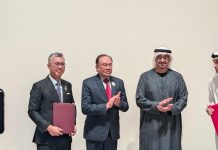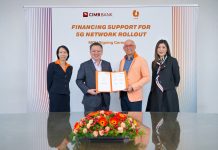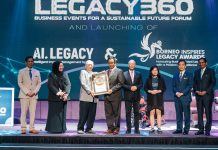The Covid-19 pandemic has had a profound impact on the health industry, driving rapid digitalisation in the healthcare sector and forcing suppliers of medical devices and services to adapt.
To this end, the Hong Kong Trade Development Council (HKTDC) and Hang Seng Bank co-hosted a webinar titled “Start-up-Corporation Collaboration for Business Expansion” to offer guidance on digitalising health-related businesses.
Representatives from the heath-tech industry were invited to discuss innovative solutions and share successful experiences on start-up-corporate collaboration, with tips on how to employ innovative technologies amid the pandemic.
Virtual medical consultation platform
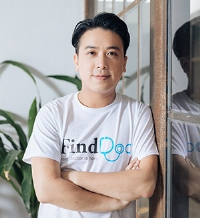
FindDoc founder and CEO Ivan Ng addressed the webinar, explaining how his company’s application helps people find a doctor through a one-stop medical information and doctor appointment platform that provides Hong Kong residents with information on private doctors.
FindDoc joined with private practitioners in Hong Kong to establish a medical information and question-and-answer video platform called FindDocTV, which is available on YouTube. FindDoc also launched an online appointment function and video consultation service.
Over the past year the site attracted more than 1.7 million visitors seeking medical information amid the pandemic. Over 1,000 practices and 6,500 private doctors have joined FindDoc, with more than 30 clinics providing video consultation services. FindDoc also provides such functions as online payment and the delivery of medicines direct to patients’ homes.
Projects in the pipeline include cooperation with blood-pressure monitor service Omron using cloud technology that will enable doctors to counsel hypertensive patients remotely.
“Cooperation between companies and start-ups can help in the development and promotion of services or products. The two can share information and resources, reduce development costs, and generate synergies to achieve a win-win situation,” Ng said.
FindDoc also plans to set up a drug procurement platform in conjunction with private clinics. Hang Seng Bank will provide a one-stop payment solution to reduce purchasing costs.
Remote patients monitoring
Omron has recently developed a remote patient monitoring system that helps doctors communicate with patients and assess their condition remotely. The service has already been launched in the US, India and Singapore and is set to launch in Hong Kong in April.
How do enterprises select start-ups for cooperation? Raymond Lam, deputy general manager of Omron Hong Kong Limited, said many SMEs in Hong Kong have their own unique technologies and networks and have the ability to cooperate and share resources.
Lam said Omron’s blood pressure monitors have built a considerable market share and are effective in collecting data but lacked a network of doctors – hence the cooperation with FindDoc to share resources and implement services.
Believing that “one hand doesn’t clap”, Lam said he often seeks cooperation with start-ups, and welcomes start-ups that reach out and discuss the possibility of cooperation.
Omron is headquartered in Kyoto, Japan and employs about 28,000 people worldwide. Lam said the group’s global revenue exceeded 655 billion yen (about US$5.65 billion) in 2020, of which 19 percent came from the healthcare business, mainly through biometric sensing technology and providing healthcare products such as blood pressure monitors, ECG monitors and nebulizers.
AI sensors for elderly care
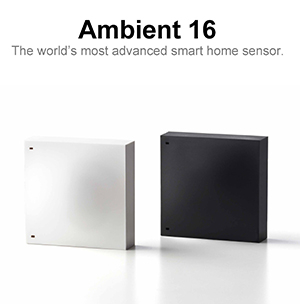
Descamps. Technology was established in 2018, focusing on the development of spatial monitoring through artificial intelligence (AI) sensors and data analysis. Samuel Chan, co-founder and CEO of Descamps., said the company initially equipped hotels, restaurants and shopping malls, then moved on to elderly care as profits permitted the company to shoulder its social corporate responsibilities.
Chan said Descamps.’ Ambient 16 device, developed and made in Hong Kong, fits in a box the size of the palm of a hand. Each sensor has a built-in chip which monitors 16 factors in the environment such as temperature, humidity and air pressure. An elderly person’s location can be monitored and such factors as time spent on the toilet monitored to assess their condition.
AI capability lets the chip continuously “learn”. For example, in addition to recognising the sound of the TV, the chip can now distinguish the sound of bathing and snoring. Different functions are expected in the future.
Chan said Ambient 16 had no camera or recording functions, protecting the privacy of users. Data collection lets medical staff and caregivers understand the living conditions of the elderly and note subtle changes to render appropriate care.
He added that the company will soon launch an “e-nose” which recognises certain smells, alerting it to behaviours such as hand washing.
Explaining that hardware start-ups face many challenges, Chan said Descamps. hopes to continue to develop its business through cooperation with different companies. Statistics show that 97 percent of hardware start-ups fail. “I expect this company to be in the other 3 percent,” he said.















